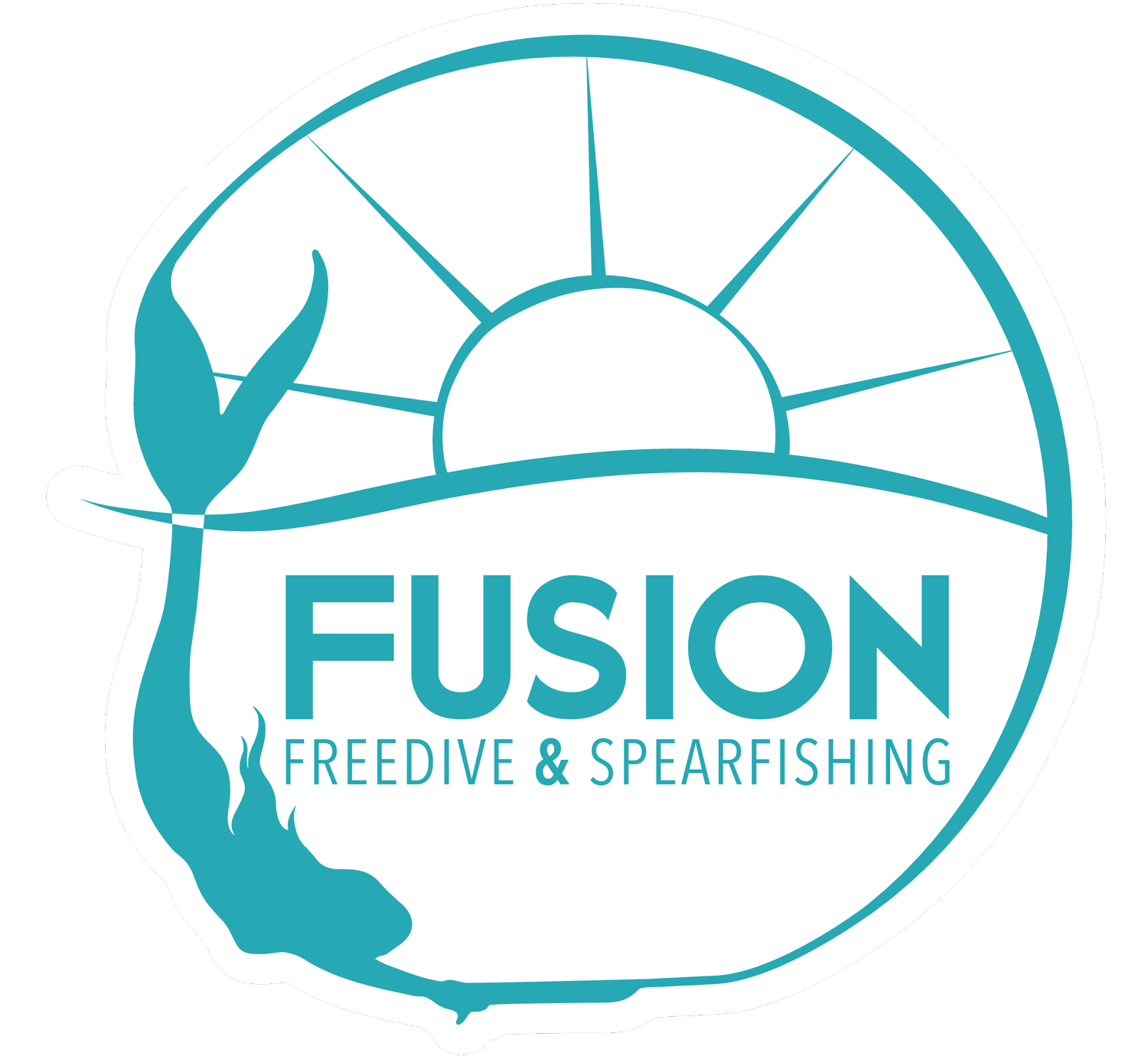The ‘Breath’ Economy: Why Freediving in Bali is the Ultimate Anti-Stress Therapy for Digital Nomads
Bali has become a magnet for digital nomads worldwide, offering the ideal mix of coworking spaces, breathtaking landscapes, and an affordable cost of living. But even paradise comes with its challenges. Many nomads grapple with the pressures of deadlines, constant online connectivity, and finding balance. Enter freediving - a profound and rejuvenating activity that combines mindfulness, physical exercise, and a deep connection to the ocean.
This practice isn’t just about holding your breath underwater; it’s about learning to breathe deeply and live fully, making it a perfect stress reliever for digital nomads.
Why Freediving is the Perfect Reset for Digital Nomads
Digital nomads often juggle remote meetings, tight deadlines, and the mental toll of being perpetually "online." While the lifestyle offers freedom, it rarely includes the kind of downtime needed for genuine recovery.
Freediving offers a unique solution. Studies have shown that intentional breath control can lower cortisol (stress hormone) levels and improve heart rate variability, which is a marker of resilience to stress. By diving into Bali's clear waters, freedivers also gain exposure to nature, another proven method for reducing anxiety and promoting mental clarity.
Freediving and Stress: What Happens to Your Body?
Freediving taps into your body’s natural relaxation response:
Breath Awareness: Freediving begins with slow, deep breathing techniques, stimulating the vagus nerve, which calms your nervous system.
Apnea (Breath-Holding): Holding your breath reduces your oxygen consumption and slows your heart rate, a process called the "mammalian dive reflex."
Mindfulness Training: Freediving forces you to stay present. The underwater silence and focus required to conserve oxygen make it impossible to dwell on emails or projects.
According to experts, these physical processes mirror the benefits of meditation, making freediving a form of active mindfulness. Unlike sitting on a cushion, though, freediving immerses you in a dynamic, ever-changing environment, which keeps the experience fresh and engaging.
Why Bali is the Ideal Freediving Destination
Bali offers one of the most diverse underwater experiences in the world, catering to both beginners and advanced freedivers:
Amed and Tulamben: Known for their calm waters and abundant marine life, these areas are ideal for beginner freedivers. Tulamben’s famous USAT Liberty shipwreck adds a sense of adventure.
Biodiversity: Bali’s underwater ecosystems host colorful reefs, manta rays, and schools of tropical fish. Every dive feels like an adventure into a natural aquarium.
Community: Bali has a thriving freediving scene with courses and groups catering to all skill levels. It’s easy to find like-minded people who share your passion for exploration and relaxation.
Bali’s accessibility and affordability also make it appealing. Courses are reasonably priced compared to Western countries, and accommodations near freediving hubs like Amed are budget-friendly without skimping on comfort.
Freediving as a Digital Detox
In the modern world, taking a true break from screens is rare. Freediving forces you to disconnect—no Wi-Fi, no notifications, just the sound of your own heartbeat and the ocean. Many digital nomads report feeling refreshed and mentally recharged after a few days of diving.
Beyond the immediate benefits, freediving also improves focus and productivity. The breathing techniques taught in freediving courses can be applied to stressful work situations, helping nomads approach challenges with calm and clarity.
Stories from the Ocean: Real Experiences
Sophie, a freelance graphic designer from Germany, says freediving in Bali transformed her relationship with work. “I used to feel overwhelmed all the time, even when I was technically free. After I started freediving, I learned to pause and breathe through stressful moments. It’s the best therapy I’ve ever had.”
Meanwhile, Tom, a software engineer, shared that freediving helped him build a stronger connection with Bali. “It’s not just about the dives - it’s about understanding the ocean and the balance of nature. I feel more grounded and mindful, even when I’m coding.”
Freediving Beyond Stress Relief: A Gateway to Sustainable Living
Freediving also aligns with the eco-conscious values of many nomads. Unlike high-impact tourism activities, freediving leaves no carbon footprint and fosters a deeper appreciation for marine conservation. For those interested in sustainability, spearfishing courses in Bali offer a hands-on way to learn about ethical fishing practices while contributing to local ecosystems.
Practical Tips for Nomads Considering Freediving
Start Small: Enroll in a Level 1 freediving course to learn safety and breathing basics.
Time it Right: Morning dives are often the calmest and most productive.
Explore Beyond Diving: Combine freediving with yoga or meditation to enhance the mental benefits.
Choose the Right Base: Amed, known for its laid-back vibe, is perfect for freedivers looking to balance work and relaxation.
Final Thoughts
Freediving isn’t just a water sport; it’s a way to reclaim your mental space and build resilience in a fast-paced digital world. Bali, with its serene waters and welcoming community, offers the perfect setting to dive into this transformative practice.
Ready to breathe deeper and live better? Join the growing community of digital nomads who are discovering the true meaning of balance through freediving in Bali. Whether you're seeking stress relief, inspiration, or a new adventure, the ocean awaits.
